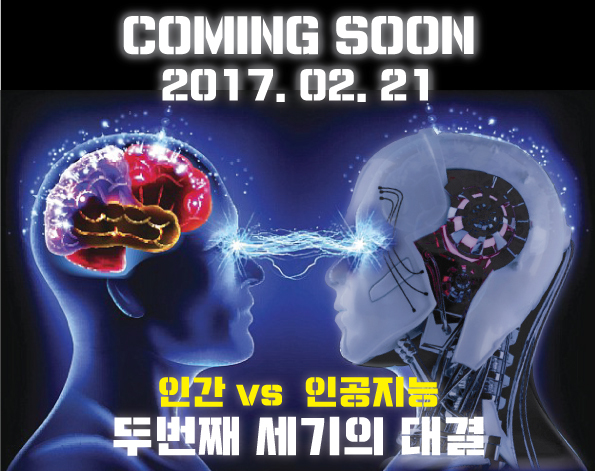Recent advances in artificial intelligence have brought significant improvements in automated translations, which was accompanied by a sense of uneasiness that it would eventually spell an end to human translators.
In a pre-emptive attempt to explore this question, a battle between a professional human translator and AI-powered translation software will take place in South Korea on Tuesday at 2 p.m. The event will be broadcast live via the Sejong Cyber University website.

Organized by Sejong Cyber University and Korea’s International Interpretation Translation Association, the battle will pit a professional translator from Ewha Womans University against three AI-powered machine translators -- Google Translate, Naver’s Papago and Systran’s machine translation solution.
Both sides will be tasked with translating two random English news articles into Korean and two Korean news articles into English. A total of 30 minutes will be given per paragraph to translate the text.
“With the advancements in AI-based translation technology, there were mounting worries that human translators will eventually lose their jobs to machines,” the association said. “We prepared this battle to find out the benefits and downsides of AI translators.”
Last year, tech giants including Google as well as Korea’s portal operator Naver rolled out new translation software relying on a new translation algorithm called “neural machine translation.”
NMT is an artificially intelligent computing system that views an entire sentence as one unit to be translated at once. Designed to mimic the workings of the human brain, NMT simultaneously considers different ways to translate a sentence and arrives at the most appropriate outcome based on context, which it learns to discern by studying a vast database of translated materials.
It fundamentally differs from the conventional phrase-based translation system which interprets individual words and phrases independently within a sentence and rearranges them, often resulting in awkward mistranslations.
The developers of AI translation programs have said these machines are new and in need of much improvement, as they currently lag behind human translators in terms of both translation accuracy and quality.
Considering these factors, humans will most likely win the translation battle Tuesday. Nonetheless, the event is expected to serve as grounds for discussion on the future direction of automated translation and its potential.
By Sohn Ji-young (
jys@heraldcorp.com)








